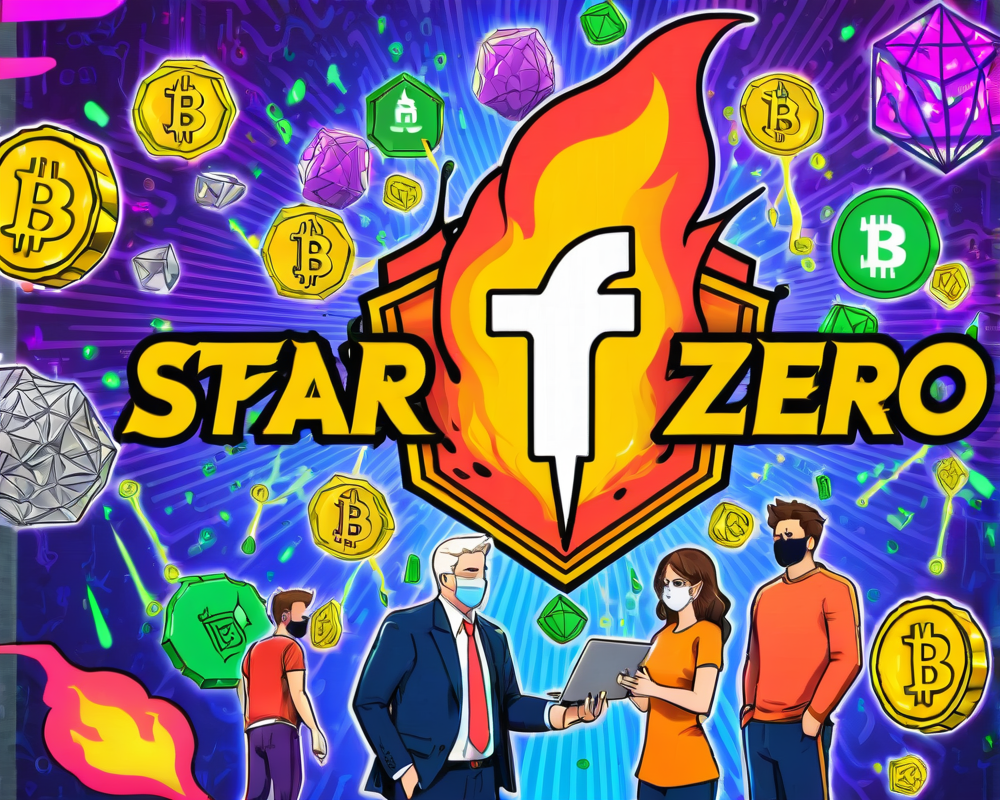The Illusion of a Trustless System
Ah, the age-old promise of blockchain technology—”trustless” transactions that allow us to finally disregard those pesky middlemen. Sounds great, right? But let’s take a step back and question the actual foundation of this shiny new world. While cryptocurrencies like Bitcoin aimed to solve the trust issues of the traditional financial systems, they’ve introduced new layers of trust, often in unexpected places.
Developers: The New Gatekeepers
Remember when Satoshi Nakamoto, the pseudonymous genius, released Bitcoin like a gift to humanity? Well, flash forward to the present, and it turns out that trust ain’t disappearing anytime soon. We’re now dependent on the very real developers behind these digital currencies. For instance, Bitcoin might be robust, thanks to countless tests and peer reviews, but dive into the world of altcoins and things get a bit… murky.
- Take smart contracts: so intricate, yet they’ve led to some spectacular fails, **hello, The DAO hack!**
- Or consider the countless failed Initial Coin Offerings (ICOs). How many times has a ‘trustworthy’ developer vanished into thin air with the investors’ money? Too many!
Centralized Exchanges: Your New (Old) Bank
If you’re thinking, “At least I can trust my exchange”—think again! While exchanges provide an easy platform for trading, they come with their own set of trust issues. Need we mention Mt. Gox? The infamous collapse lost users hundreds of millions. These exchanges, while essential, sometimes feel alarmingly similar to traditional banks. You still must trust someone to hold your assets, trust their security measures, and let them handle your sensitive personal information.
The Role of Regulation in the Trust Equation
As if the trust hurdles weren’t enough, regulation adds another layer to the mix. Depending on where you are in the world, your ability to engage in crypto transactions can be tightly controlled, forcing you to trust that regulators will play fair. Just ask anyone following the roller-coaster of privacy coin regulations that seem to change as frequently as crypto prices!
- Take the U.K.’s recent ban on cryptocurrency derivatives for retail users, leaving traders scrambling for decentralized exchanges.
- Or the potential fallout if the U.S. decides to tighten its grip on cryptocurrency regulation—will developers start sweating bullets?
Trust, but Verify: Finding a Balance
Let’s face it: we might not be living in a completely trustless utopia, but that doesn’t mean trust in crypto is a lost cause. It simply means that we need to navigate this space with our eyes wide open. Trust can be earned, provided you know where to look!
“Most importantly, Bitcoin users don’t need to trust anyone with their savings.” – A Wise Person Once Said
Bitcoin shines in this aspect—users have the keys to their own wallets, and with that comes empowerment that we just don’t see in traditional banking. Now that’s what we call value!
Conclusion: An Evolving Landscape
In summary, while cryptocurrencies may not be entirely trustless, they offer a unique model that reduces the reliance on third-party entities compared to traditional finance. As crypto evolves, understanding the intricate balance of trust and technology will be crucial in making informed decisions. In this wild, wonderful world of digital currency, we’ve traded one kind of trust for another. Time will tell how this adventure plays out!


